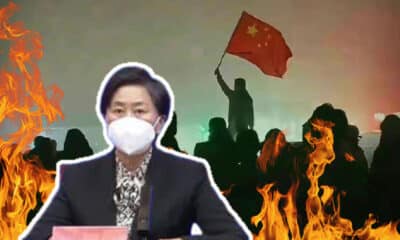

"They say it's cleared, so it is cleared. The building was on fire, now the internet is on fire."


The first woman who came forward to accuse Kris Wu in 2021 celebrated his sentencing in a livestream.
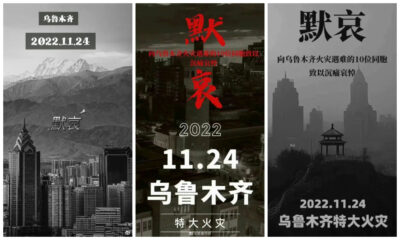

As people mourned the victims of the Urumqi fire, they also expressed anger over how the last 100 days of their lives were spent in lockdown.
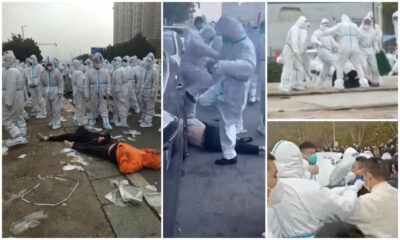

Fed up with Foxconn, employees vented their frustrations and started a riot at the Zhengzhou factory campus.
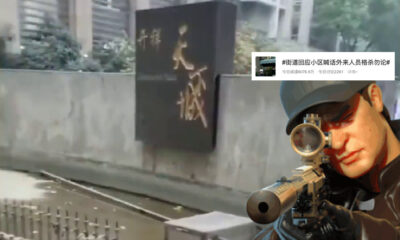

Bluffing in Zhengzhou: "Nothing scarier than the newly acquired power of people at the lowest rung of society."
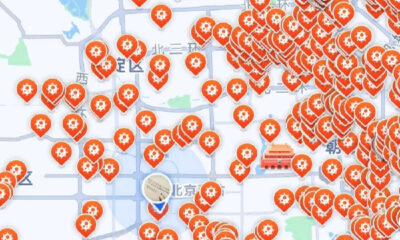

As Covid-19 cases are on the rise, Beijing is not opening up, but closing down.


Some on Weibo joke that Elon Musk is "promoting Chinese culture" through his new approach to Twitter.
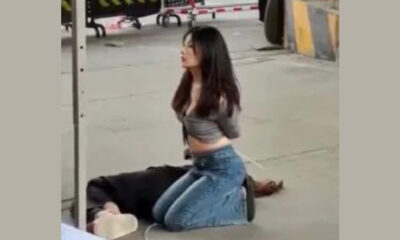

On Weibo, many people held different views on the incident regarding two women being tied up after violating Guangzhou anti-epidemic rules.


China-Canadian relations haven't exactly been warm and friendly recently. This short Xi-Trudeau encounter made it all the more clear.
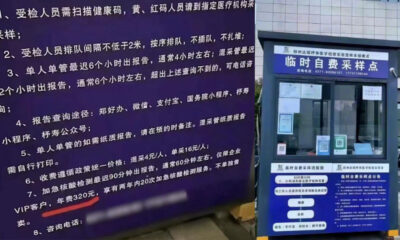

"Will there also be gold, premium, and diamond Covid-19 test VIP packages in the future?"


Shijiazhuang is trending on Chinese social media as "the first person to eat the crab" for implementing updated, looser Covid measures.
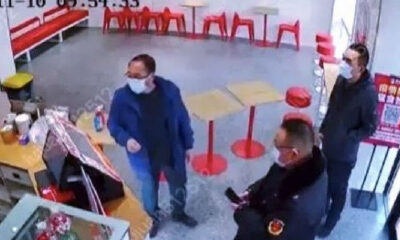

There's online outrage about excessive and senseless Covid anti-epidemic measures in Heilongjiang after two shop incidents went viral.
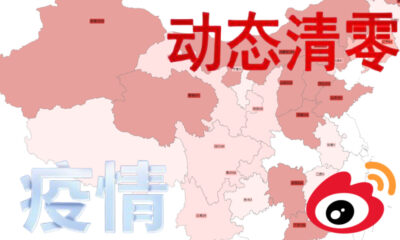

These are China's new rules regarding the "further optimization of the Covid-19 epidemic prevention and control."


Chinese tech giants are massively investing in virtual reality and in the technologies that are building up the Chinese metaverse.


Many commenters have a less rose-colored view of the future of 'zero Covid' than some of China's opinion makers.